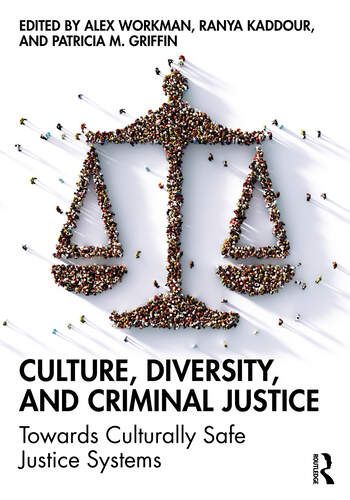
This ground-breaking textbook engages readers in conversation about responding to the effects of diversity within formal criminal justice systems in Westernized nation-states. Moving past a binary concept of diversity that involves only race and gender, this book elaborates upon a wide variety of other forms of diversity, including sexuality, disability, mental health, gendered identity, refugees, the young and the ageing, and culturally and linguistically diverse (CALD) peoples, with an awareness of how intersecting identities make some people more vulnerable than others.
With reported statistics providing only a snapshot of the incongruent experiences of diverse minorities in contact with criminal justice systems, there is a clear need for nuanced training and accessible information regarding diversity in criminal justice. The book examines diversity in terms of both criminal justice agents and justice-involved individuals such as people in prison, those convicted of crimes, the victimized, and the community. This volume brings together a group of international scholars to articulate on each of the identified populations, examining the effect of culture and diversity on criminal justice outcomes and outlining how those diverse perspectives can improve criminal justice service delivery overall.
Incorporating case studies, reflections, and activity questions, this book is a valuable resource for courses in criminology, criminal justice, corrections, and law enforcement, and is ideal for any program focusing on multiculturalism and diversity in criminal justice. Scholars, researchers, and professionals will also benefit from the analysis.